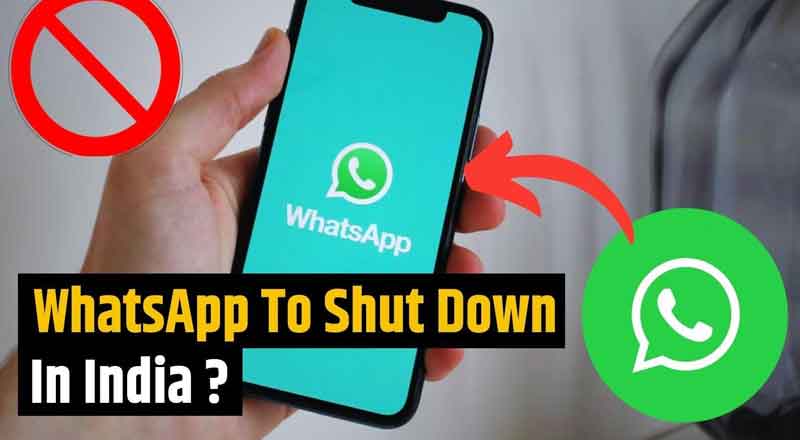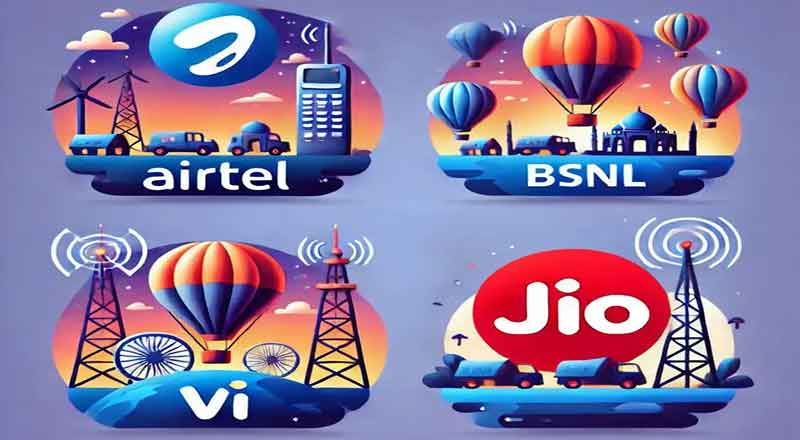WhatsApp and Meta’s plea in Delhi High Court has managed to grab attention after the lawyer appearing for the messaging platform argued that the company will be forced to shutdown in India if it is made to break encryption of messages
WhatsApp and its parent Meta’s plea in the Delhi High Court was heard on Thursday during which a submission by the lawyer of the popular messaging platform invited significant attention. The case pertains to the Information Technology (Intermediary Guidelines and Digital Media Ethics Code) Rules, 2021.
The plea is being heard by the bench of Acting Chief Justice Manmohan and Justice Manmeet Pritam Singh Arora. During the hearing on Thursday, advocate Tejas Karia said that WhatsApp will not stay in India if it’s made to break the end-to-end encryption of messages.
With over 400 million users of WhatsApp in the country, the warning of the tech giant has come under the spotlight as the case against government’s policy heats up.
The plea filed by WhatsApp and Meta challenged the Rule 4(2) of the IT Rules. As per the law, significant social media intermediaries are required to reveal the first originator of any information on its computer resource when asked by a court order or any other competent authority.
WhatsApp argued that this rule would be a problem for its end-to-end encryption policy. Bar and Bench quoted Karia as saying, “As a platform, we are saying, if we are told to break encryption, then WhatsApp goes.”
The lawyer argued that WhatsApp will be required to save millions of messages for years if it were to comply with the IT rules. “We will have to keep a complete chain and we don’t know which messages will be asked to be decrypted. It means millions and millions of messages will have to be stored for a number of years,” he said according to the report.
On queries of the court on whether such an arrangement exists anywhere else in the world, WhatsApp said that no country has implemented a law like this. It said that the rule in question violated the privacy of users along with the fundamental rights guaranteed under Article 14, 19 and 21 of the Indian constitution.
Countering the arguments of the messaging platform, the government said that given the current environment, it is important to track down the origins of a piece of information floating on social media. After listening to the arguments, the court reportedly said that privacy rights were not absolute in the country and “somewhere balance has to be done”.
The rule about tracking down the first message came in the background of growing cases of misinformation on social media. In February this year, Chennai Police had to warn people against believing fake rumours of child kidnapping. Such fake messages have led to violence in the past.
The next hearing in the case will now take place on August 14. It remains to be seen whether WhatsApp will manage to get the relief on breaking encryption of messages.
An exit from a market like India would be a big blow for the messaging platform. In an event held in Mumbai last year, Meta CEO Mark Zuckerberg had said, “India, is a country that’s at the forefront of a lot of what we’re going to talk about today. [India is] leading the world in terms of how people and businesses have embraced messaging as the better way to get things done.”





